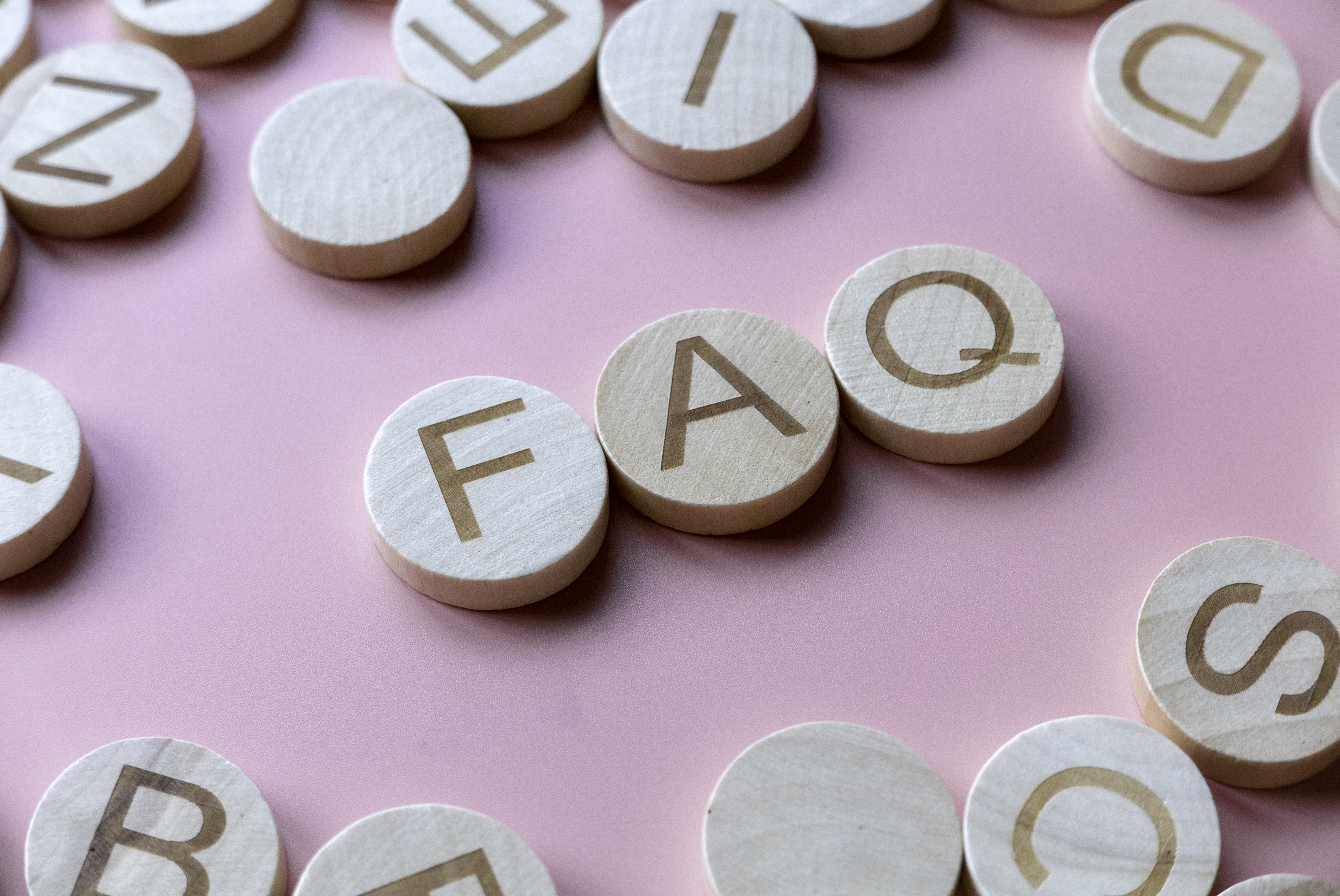Gastric band surgery, also known as lap band surgery, is a weight loss procedure designed to help individuals reduce their food intake by physically limiting the amount they can eat. One of the most common questions patients have is whether they will still feel hungry after getting a gastric band and how the surgery impacts appetite.
In this article, we’ll explore how a gastric band affects hunger, the factors that influence appetite control, and tips for managing your hunger post-surgery to ensure long-term success.
1. How Does a Gastric Band Work?
A gastric band is a silicone ring that is placed around the upper portion of the stomach during surgery. This creates a small stomach pouch above the band, limiting the amount of food you can eat at one time and making you feel full sooner. The band is adjustable, allowing your doctor to tighten or loosen it by adding or removing saline through a port under your skin.
Key Functions of a Gastric Band:
- Limits food intake: The smaller stomach pouch fills quickly, signaling your brain that you’re full.
- Slows digestion: By reducing the space in the stomach, food passes more slowly through the digestive system, keeping you satisfied for longer.
- Adjustable: The band can be tightened or loosened as needed to help regulate hunger and improve weight loss results.
2. Will You Still Feel Hungry After Gastric Band Surgery?
While the gastric band is highly effective at reducing the amount of food you can eat, it doesn’t eliminate hunger entirely. Many patients experience a reduction in hunger, but whether or not you still feel hungry depends on a variety of factors, including the tightness of the band, your eating habits, and your body’s natural signals.
2.1. Initial Hunger Changes After Surgery
In the early days following gastric band surgery, you may not feel much hunger due to the small amounts of food you’re consuming. During this time, you’ll be on a liquid or soft food diet, and your body will be adjusting to the smaller stomach pouch. Most patients report feeling less hungry in the weeks immediately following surgery.
2.2. Long-Term Appetite Control
As you transition back to solid foods, your experience with hunger will change. The gastric band’s main function is to make you feel full faster and stay full for longer, but you may still experience hunger between meals depending on the size of your portions, the types of foods you eat, and how often you eat.
Key Point: While gastric band surgery helps reduce hunger, you may still feel it if your diet isn’t balanced, or if you’re not eating the right types of foods. Learning to manage hunger is an important part of long-term success.
3. What Factors Affect Hunger After Gastric Band Surgery?
Several factors influence how much hunger you’ll experience after getting a gastric band. Understanding these factors can help you better manage your appetite and ensure successful weight loss.
3.1. The Tightness of the Band
The tightness of your gastric band plays a significant role in how hungry or full you feel. If the band is too loose, you may not feel full as quickly, and hunger may persist. If it’s too tight, you may experience discomfort, nausea, or difficulty swallowing. Finding the right balance through regular adjustments is key to appetite control.
What to Do: Work closely with your healthcare provider to adjust the band’s tightness based on your hunger levels and weight loss progress. Regular adjustments will help you stay on track.
3.2. Portion Sizes and Eating Habits
Even with a gastric band, portion sizes matter. Eating large meals or too quickly can stretch the stomach pouch, leading to discomfort or a return of hunger soon after eating. Similarly, not chewing food thoroughly can make it harder for your stomach to process meals, leaving you feeling unsatisfied.
What to Do: Stick to smaller, well-portioned meals and take your time while eating. Chewing food thoroughly and eating slowly helps your body signal fullness more effectively.
3.3. Types of Foods You Eat
Certain foods are more filling and satisfying than others. After gastric band surgery, it’s essential to focus on nutrient-dense, high-protein foods that keep you fuller for longer. Empty-calorie or high-sugar foods can trigger hunger shortly after eating, even if you’ve consumed a reasonable portion.
What to Do: Incorporate protein-rich foods like lean meats, eggs, and legumes into your meals. Avoid processed and sugary foods that can spike your blood sugar and lead to increased hunger.
3.4. Emotional and Psychological Triggers
Hunger isn’t always physical. Emotional or stress eating can make you feel hungry even when your body doesn’t need food. Many patients turn to food for comfort during stressful times, which can lead to overeating and slow weight loss progress.
What to Do: Pay attention to emotional eating triggers. Finding alternative ways to cope with stress, such as exercise, mindfulness, or talking to a counselor, can help reduce the urge to eat when you’re not truly hungry.
4. How to Manage Hunger After Gastric Band Surgery
To ensure long-term success with gastric band surgery, it’s important to learn how to manage your hunger effectively. Here are some tips to help you control hunger and maximize the benefits of the procedure:
4.1. Eat High-Protein Foods
Protein is one of the most important nutrients for controlling hunger. High-protein foods take longer to digest, helping you stay fuller for extended periods. Make sure each meal includes a good source of lean protein, such as chicken, fish, or plant-based protein.
4.2. Stay Hydrated
Sometimes, what we perceive as hunger is actually thirst. Drinking plenty of water throughout the day can help curb hunger and prevent overeating. Aim for at least 64 ounces of water daily, but avoid drinking large amounts during meals to prevent stretching your stomach.
4.3. Eat Smaller, More Frequent Meals
Eating smaller meals more frequently throughout the day can help control hunger and prevent overeating. Aim to eat five or six small meals rather than three large ones. This helps keep your metabolism steady and prevents hunger pangs from building up.
4.4. Practice Mindful Eating
Mindful eating involves paying full attention to the eating process, savoring each bite, and being aware of your hunger and fullness signals. This practice helps prevent overeating and ensures that you’re eating for physical hunger, not emotional reasons.
How to Practice Mindful Eating:
- Focus on your food without distractions like TV or smartphones.
- Chew slowly and thoroughly to fully enjoy the flavors and textures of your meal.
- Stop eating as soon as you feel comfortably full, not stuffed.
5. When to Seek Help for Persistent Hunger
While it’s normal to feel some hunger after gastric band surgery, persistent or extreme hunger that interferes with your weight loss journey may indicate that something is wrong. If you find that your hunger levels are not manageable, or if you’re not losing weight as expected, it may be time to consult your healthcare provider.
Potential Causes of Persistent Hunger:
- Band too loose: If the gastric band is not tight enough, you may feel hungry more often. Your doctor can adjust the band to better control your appetite.
- Emotional eating: If stress or emotions are driving your hunger, seeking therapy or counseling may help you address the root cause.
- Poor food choices: High-sugar, low-protein meals can trigger hunger. Focus on nutrient-dense foods that support long-term satiety.
Gastric band surgery significantly reduces the amount of food you can eat and helps control hunger by making you feel full faster. However, hunger may still linger for some individuals, especially if the band is too loose, portion sizes are too large, or the wrong types of foods are eaten.
By working closely with your healthcare provider to adjust the band as needed, following a high-protein, balanced diet, and practicing mindful eating, you can manage hunger effectively and achieve long-term weight loss success.
Frequently Asked Questions (FAQ)
Here are some common questions about hunger and appetite control after gastric band surgery:
1. Will I feel hungry after getting a gastric band?
Most patients report a reduction in hunger after gastric band surgery, as the band limits the amount of food you can eat. However, some hunger may still occur, especially if you’re not eating the right foods or if the band is too loose.
2. Can the gastric band completely eliminate hunger?
No, the gastric band does not eliminate hunger entirely. It helps control hunger by making you feel full more quickly, but you may still experience hunger between meals depending on your eating habits.
3. What should I eat to feel full longer with a gastric band?
Focus on high-protein, nutrient-dense foods like lean meats, fish, eggs, and legumes. These foods digest more slowly and help keep you fuller for longer.
4. How does the tightness of the band affect hunger?
If the band is too loose, you may feel hungry more frequently. If it’s too tight, you may experience discomfort or difficulty swallowing. Regular adjustments with your healthcare provider can help maintain the right balance.
5. Can emotional eating still be a problem after gastric band surgery?
Yes, emotional eating can still be an issue even after gastric band surgery. It’s important to address emotional triggers and find healthier ways to cope with stress or emotions to avoid overeating.
6. How can I manage hunger after gastric band surgery?
You can manage hunger by eating small, frequent meals, staying hydrated, focusing on protein-rich foods, and practicing mindful eating. These strategies help control hunger and improve weight loss results.
7. Why am I still feeling hungry even with a gastric band?
If you’re still feeling hungry, it could be due to poor food choices (e.g., sugary or low-protein foods), an improperly adjusted band, or emotional eating. Speak with your doctor to make sure your band is adjusted properly and revisit your diet.
8. How often do I need to adjust my gastric band to control hunger?
Gastric band adjustments are typically made in the months following surgery based on your weight loss progress and hunger levels. Your doctor will work with you to determine the right frequency for adjustments.
9. Can drinking water help with hunger?
Yes, staying hydrated can help manage hunger. Sometimes thirst is mistaken for hunger, so drinking water regularly can prevent unnecessary snacking or overeating.
10. When should I talk to my doctor about persistent hunger?
If you experience persistent hunger or if your weight loss has stalled despite following your diet and exercise plan, it’s a good idea to talk to your healthcare provider. They can adjust your band or offer advice on how to better manage your hunger.
While the gastric band helps control hunger, some appetite may linger depending on factors like the band’s tightness, your eating habits, and emotional triggers. By focusing on nutrient-dense foods, staying hydrated, and maintaining regular follow-ups with your doctor, you can effectively manage hunger and achieve long-term weight loss success. If you’re struggling with persistent hunger, consult your healthcare provider for additional support.
 Clinic Booking
Clinic Booking.jpg)




 No Record
No Record